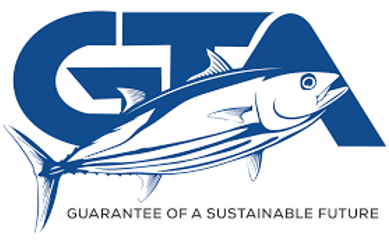The Ghana Tuna Association (GTA) is complaining about the current fishing licencing regime, describing it as too expensive.
The Association’s president, Frank Aihoon, said the US$135 per gross registered tonnage (GRT) for industrial vessels and tuna boats – which was imposed on the industry in 2020 – has been eroding gains of fishers, particularly in the tuna sector.
The previous fee hike from US$35 to the current rate compelled the Association to initiate a court action against the Ministry of Fisheries and Aquaculture Development. The ministry argued at the time that the increment was to protect fishermen and reduce depletion of the country’s fish stock.
Mr. Aihoon argues that the pole and line fishing technique, which is the dominant tuna fishing method among Ghanaian fishers, is collapsing and not lucrative as it was due to prevailing factors in the tuna industry.
This method, he said, is less expensive than purse seine net fishing, which most Ghanaian fishers cannot afford due to price of nets involved.
The Fisheries Commission grants six different types of licencing to various categories of fishers in the country. They include artisanal fishing, aquaculture and recreational fishing, canoe fishing, foreign fishing vessels, Tuna fishing and licencing for research vessels.
Mr. Aihoon says the tuna licencing rate is one of the highest and it is impacting players negatively.
Tuna fishery is one of the most important fishery sectors in the country. There are about thirty registered tuna vessels in Ghana operating with average annual tuna production of about 74,000 tonnes, according to data from the Ghana Export Promotion Authority (GEPA).
Most tuna vessels are operated on joint-venture basis, with Ghanaian owners having at least 50 percent of the share as required by the Fisheries Act 625 of 2002. Ghana is a major exporter of fish and one of the countries in West Africa that structurally exports fish and fishery products to the European Union (EU).
Italy accounts for 73 percent of Ghana’s tuna exports; France, four percent; and Spain, three percent – which proves that the country’s tuna is endorsed and approved by the EU.










